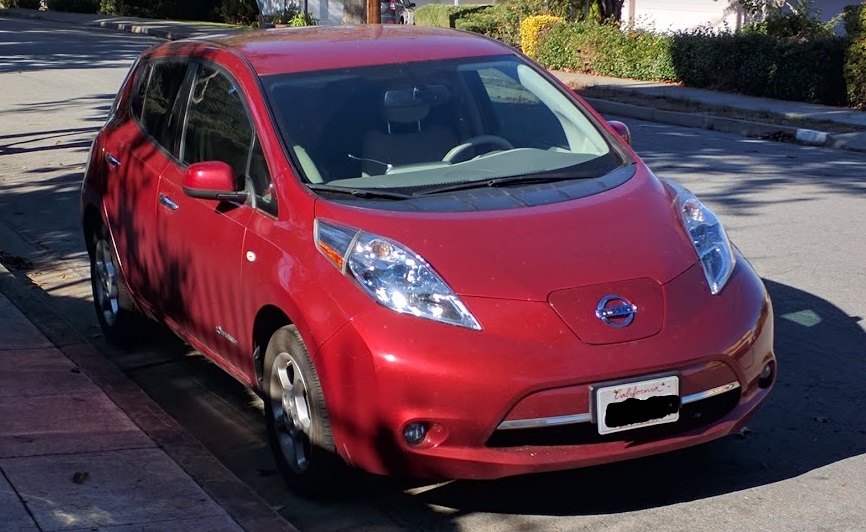I'm not sure that is a fair metric. I mean, EV's have been on sale for what, 5-ish years now? I mean large quantities of sales, you get the idea.I don't really care about the alleged environmental benefits or detriments of electric versus gasoline. I do not plan to ever own an electric vehicle.
Electric F-150 for under $40,000? That's still several times as much as I've spent on every car put together over my entire driving life of over half a century. Let me know when I can buy a 15-20 year old electric vehicle for a couple of grand that is still functional, then we'll talk.
10 to 20 years from now, a couple of grand will be pocket change. You might not be able to buy a new set of tires for that kind of money twenty years from now. So insisting that a car with usable life left in be that kind of money is a bit ambitious I think. It's been increasingly hard the last few years, let alone right at this moment in time.

